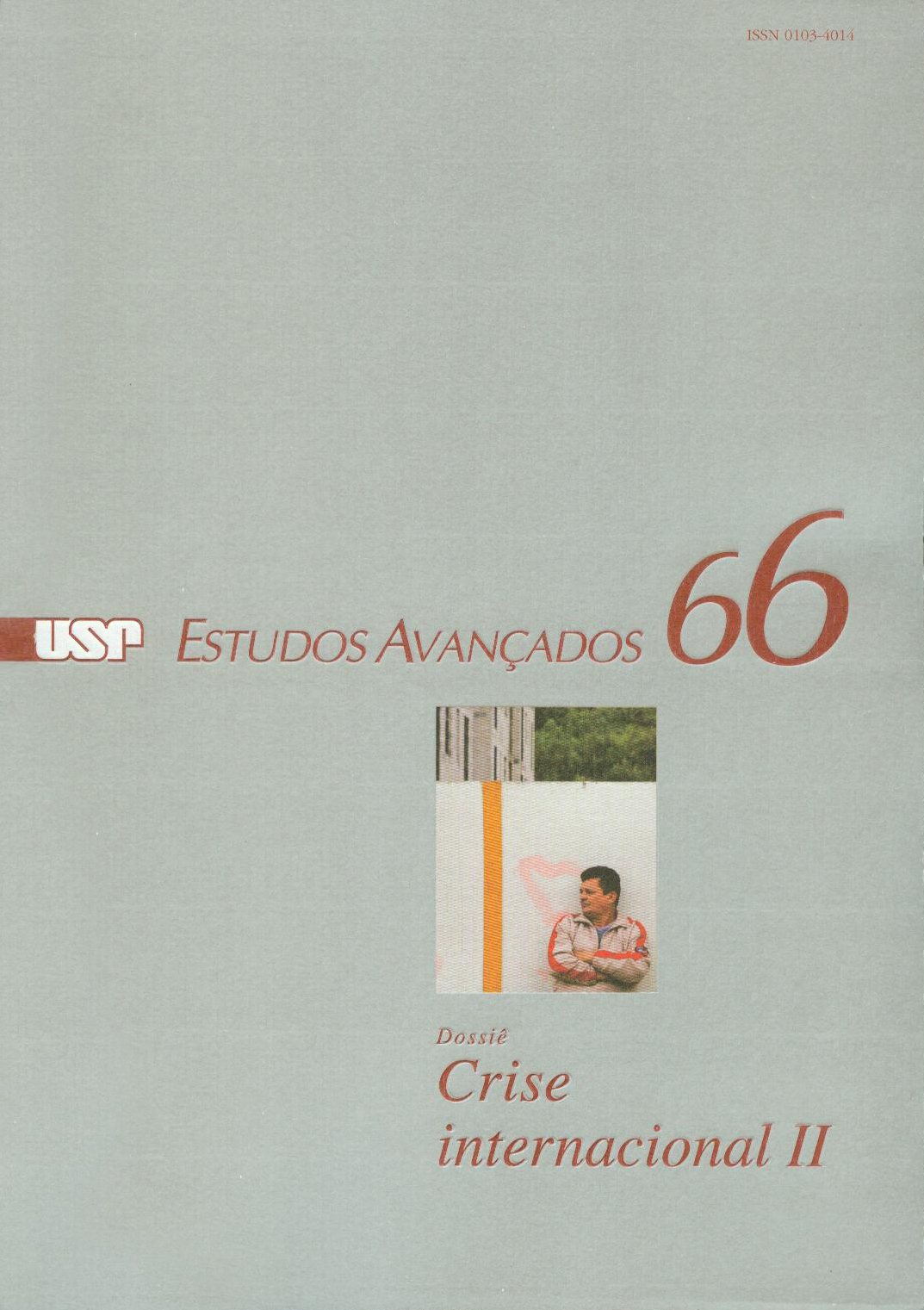The international crisis challenges the Brazilian model of economic opening and liberalization
Keywords:
International crisis, Brazilian economy, Brazilian model for economic opening and liberalizationAbstract
Reviewing the first months of 2009, it's surprising to see the Brazilian economy resistance over the international crisis. The decline on production and investment were intense, however, there has not been neither a foreign exchange crisis nor fiscal and financial system breakthrough. The government could apply anti-cyclic policies, as tax cuts and interest reduction, helped by the actual large extend of tax collection and banks strength, after years of high interest rates, besides using the public banks and the public funds, valuable legacy instruments. Regarding the external side, the capital inflow is stimulated by the wider liquidity generate by the US recent monetary expansion policy, while the exports are due to China demand maintenance, with significant increase in basic commodities and decrease of manufactured products. The capacity of reacting to the crises is a great test for the Brazilian model of economic opening, in the same way that the difficulties to sustain the industrialized good exports and recovery of investment rates in the manufacturing activities are considerable challenges.Downloads
Download data is not yet available.
Downloads
Published
2009-01-01
Issue
Section
Dossiê Crise Internacional II
License
Estudos Avançados não celebra contrato de cessão de direitos autorais com seus colaboradores, razão pela qual não detém os direitos autorais dos artigos publicados. Os interessados em reproduzir artigos publicados na revista devem necessariamente obter o consentimento do autor e atribuir devidamente os créditos ao periódico.
How to Cite
Carvalho, C. E. (2009). The international crisis challenges the Brazilian model of economic opening and liberalization . Estudos Avançados, 23(66), 111-123. https://www.periodicos.usp.br/eav/article/view/10414


